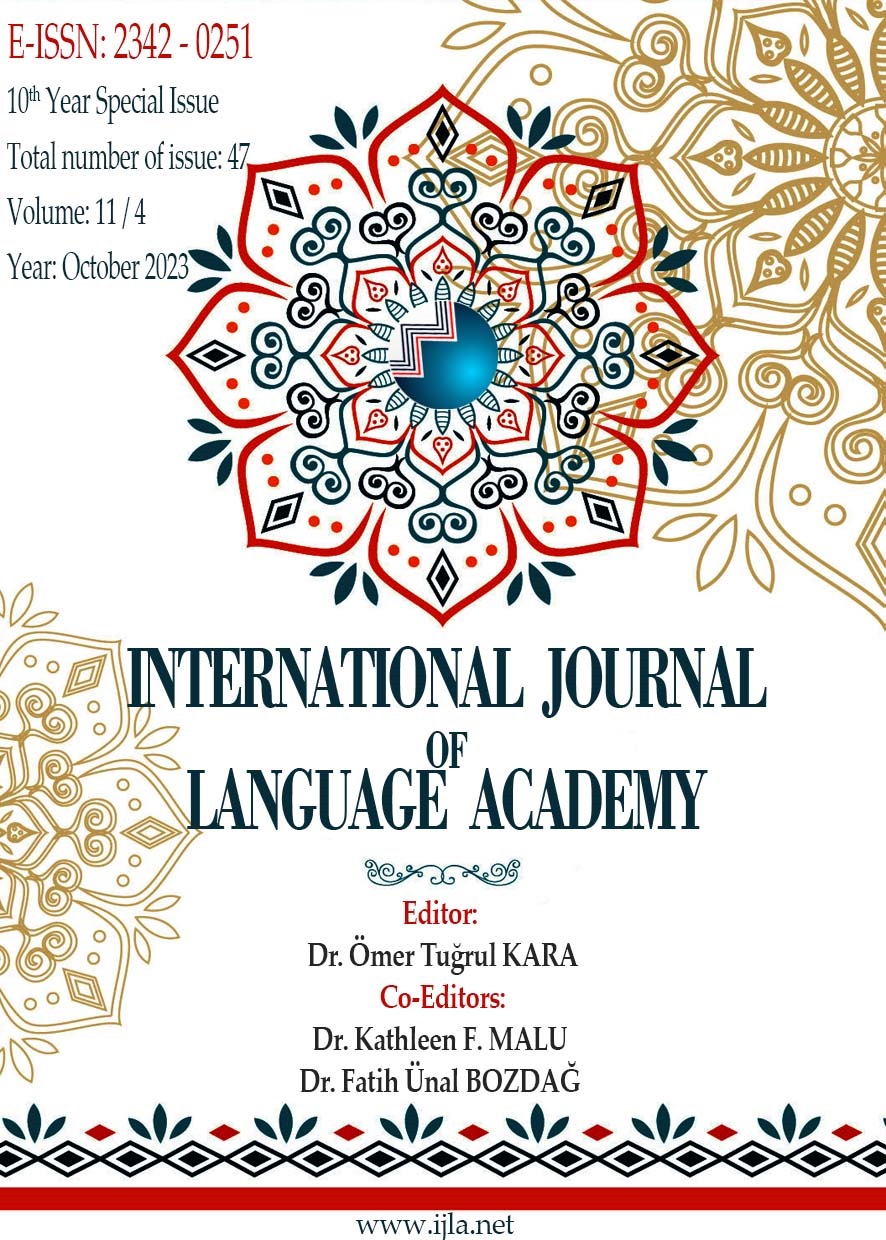A STUDY ON THE REFERENCES USED BY CHATGPT IN ACADEMIC TEXTS IT WROTE ABOUT ENGLISH LANGUAGE TEACHING: IMPLICATIONS FOR ENGLISH LANGUAGE TEACHING IN TERMS OF ACADEMIC WRITING
Author :
Abstract
Keywords
Abstract
Different technologies, such as artificial intelligence programs, can influence academic writing in different disciplines, including English language teaching (ELT). An artificial intelligence-based program, ChatGPT is one of such technologies, and it should be dealt with cautiously because according to the literature, it can produce academic writing which may be difficult for teachers to notice and may include unreal references. Its generating unreal references was studied in different disciplines, but little is known about the accuracy of the references it used in ELT-related academic texts. Therefore, the present study aimed to find out the accuracy of the references it used in ELT-related academic texts and the issue(s) in the references with incorrect information if any. It was designed as a convergent parallel mixed-methods study. The data were created through four academic essays that ChatGPT wrote about ELT. The quantitative data were descriptively analyzed, while the qualitative data were analyzed through content analysis. The findings of the present study indicated that though most of the references used by ChatGPT in four academic essays included correct information, ChatGPT might use references with incorrect information which resulted from giving incorrect information about the publication and creating unreal references. The findings were discussed according to both the literature and the implications of the study on ELT in terms of academic writing.





